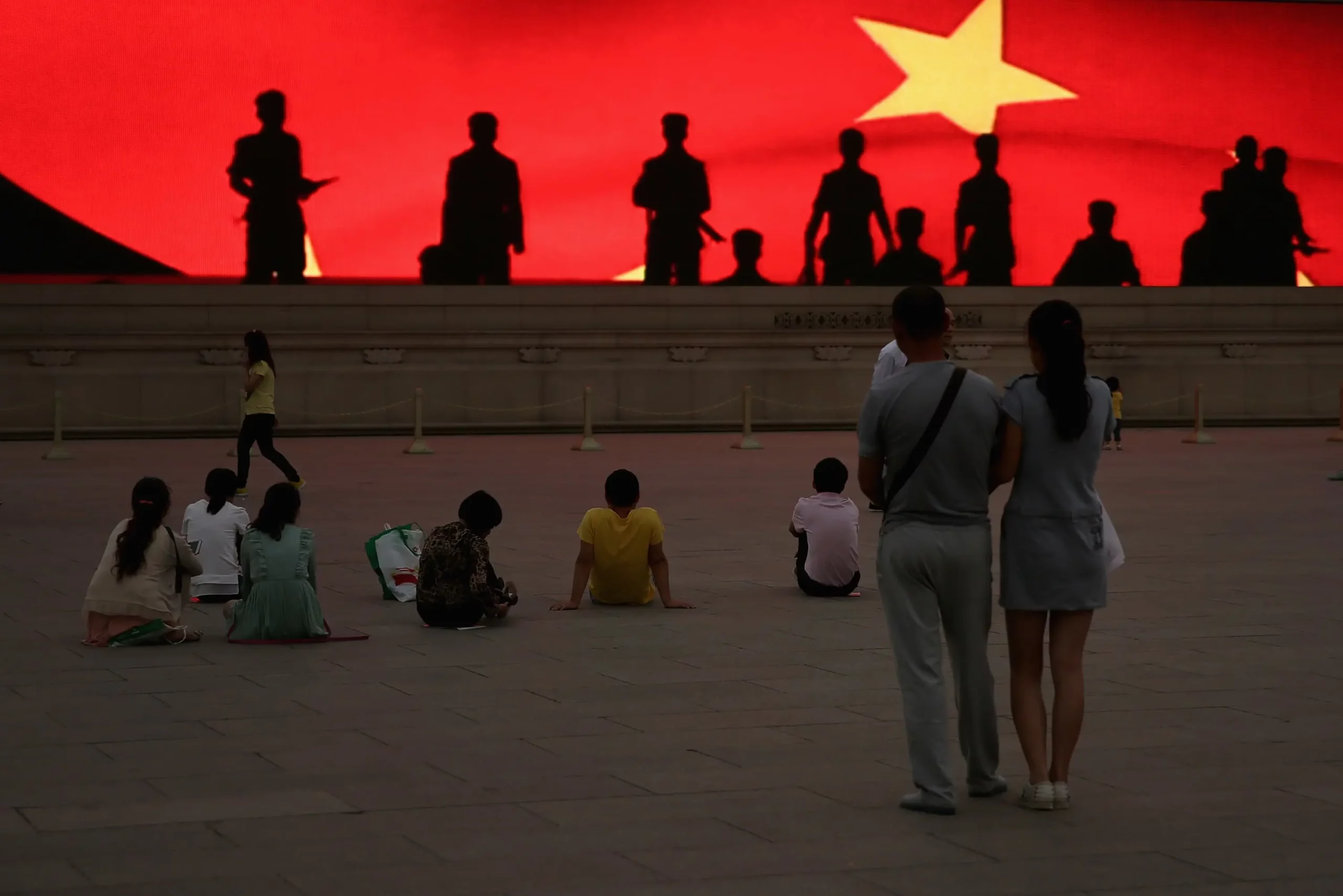In December 2021, the World Health Assembly (WHA), the decision-making body of the World Health Organization (WHO), established the Intergovernmental Negotiating Body (INB) to draft a new international instrument — the Pandemic Agreement.
The stated goal is to strengthen global pandemic prevention, preparedness and response. Yet, as the INB holds its 12th meeting on the topic from November 4–15, questions remain about the transparency of the process and its true intentions.
The discussions have been marked by secrecy, with “substantive” sessions held behind closed doors, far removed from public scrutiny. This lack of openness should raise alarms, as the WHO operates largely as a private entity, bypassing democratic processes and excluding everyday citizens from contributing to decisions that will impact their lives.
Instead, unelected health bureaucrats, often beholden to corporate interests, are the ones shaping the future of global health policy.
A recent WHO press release highlighted the complexities of finalizing the agreement with notable “complexity” concerning Articles 4, 11 and 12.
With Article 4 having a focus on “Pandemic prevention and surveillance,” concerns arise around surveillance and enforcement of stated stipulations like routine immunization schedules — a mandate that major WHO donors like the Bill and Melinda Gates Foundation and its subsidiary, GAVI, both support and stand to benefit from.
Article 11 proposes “technology transfer” to help developing countries access pandemic-related health products. Meanwhile, Article 12 seeks to establish a global system for sharing pathogen materials and information, promoting supposed equitable access to vaccines, therapeutics and diagnostics.
On the surface, these measures may sound noble, but the reality is that the WHO’s corporate partners — primarily pharmaceutical giants — stand to gain the most from these agreements, leaving public health in the hands of powerful private interests.
Despite the claims of transparency and global cooperation, the WHO's approach continues to favour corporate donors over democratic accountability.
Canadians, for example, are being forced to fund these global initiatives, with at least $2.1 billion of taxpayer money allocated to vaccine purchases for other countries with money that largely flows into the profiting coffers of Big Pharma.
At the heart of this issue is a growing realization that perhaps the Pandemic Agreement isn’t about global health, but rather a corporate-backed, taxpayer-funded scheme disguised as pandemic prevention.

 By Rebel News | Created at 2024-11-13 22:58:39 | Updated at 2024-11-21 20:12:19
1 week ago
By Rebel News | Created at 2024-11-13 22:58:39 | Updated at 2024-11-21 20:12:19
1 week ago








